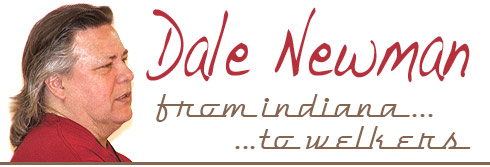- Article
- Read in 1 minutes
Dale Newmans question time (May 11, 2008)
In 2008 Dale Newman was the special guest at our When In Welkers event. Not only did he play a live set, he also sat in the hot seat patiently answering questions put be the audience. The transcript reveals much about a man who has been accompanying Genesis for a long time.

